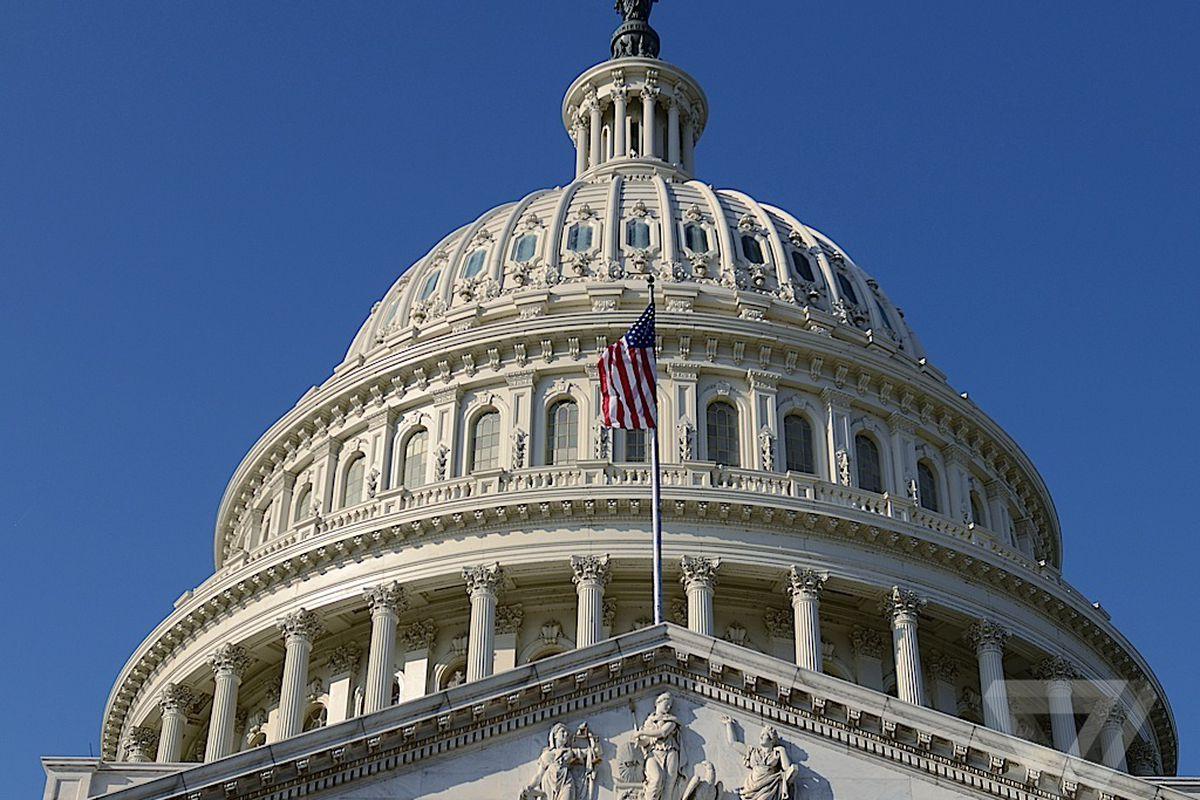Columnist Blake Davena
The Senate and House of Representatives recently passed two acts seeking to aid victims of human trafficking, the Stop Enabling Sex-Trafficking Act and Allow States and Victims to Fight Online Sex Trafficking Act. However, they may end up harming voluntary sex workers in the process.
According to Rolling Stone, SESTA and FOSTA make it illegal for sites to knowingly assist in sex trafficking. Sites such as Facebook, Craigslist and Reddit could now be held liable for advertising sex workers on their platforms. We are beginning to see the repercussions of the bills as Craigslist has taken down its “personals” section. The acts make changes to the 20-year-old Communications Decency Act which protected website owners from the things their users say or do.
However, after the government passed these bills we saw an outcry from both internet advocates and consensual sex workers. According to The Daily Dot, due to the bills’ vague wording, websites could be punished even if it is unknown to them that traffickers are using their sites.
Also, the judgements are retroactive, which means a site could be punished even if engaged in sex trafficking back when it was still protected. Sites that we see as vital could be harmed from actions it was unaware of its users performing, and they could even see jail time up to 10 years as well as fines for these actions.
The push for change came after executives at classifieds site Backpage.com were arrested on pimping charges in 2016, but the courts dismissed the case due to protections in the Communications Decency Act. These changes can now spell trouble for all sites that post third-party content, such as Wikipedia and Internet Archive.
According to The Daily Beast, the acts hold many dangers for consensual sex workers which use these sites. Many of those who involve themselves in the sex trade use sites like Craigslist’s personals to connect with and vet their clients before meeting them in person. With waves of websites shutting down personal sections that can be used this way, we see more and more safety nets disappearing.
When there is no way to vet clients, sex workers resort to old tactics such as street work and meeting clients in person with no prior interactions. This can spell out such dangers as violence, harassment and even abusive policing.
Though I do support actions being taken to protect those which are victims of sex trafficking, I believe we need to find ways that don’t save one group of people by hurting another. With these bills we see new challenges and possible legal issues arising towards sites and their sub-sections.
The big takeaway from this is that sex workers are going to continue their work regardless, and taking away a vital safety tool is not the way to approach the matter. By websites implementing these laws, we could see a steep rise in the dangers found in the careers of consensual sex workers.




































